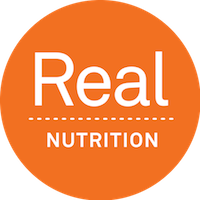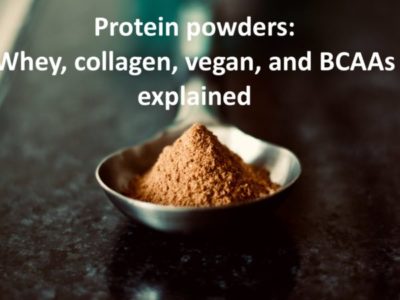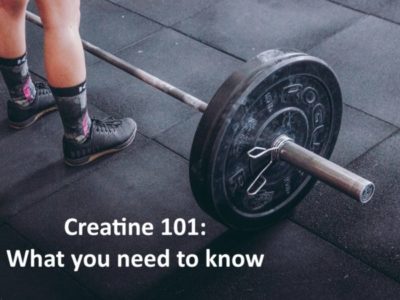Collagen for Injury and Recovery in Athletes
Collagen is getting a lot of press these days. It seems like every day there are new nutrition concepts that are touted as miracles. Is it the next big thing for athletes?
The science on collagen is emerging, but there is enough there to know it probably is useful for soft tissues like tendons and ligaments. It may even be helpful for increasing muscle strength, even in the absence of muscle hypertrophy, as Keith Baar (international leading researcher on collagen) explained in a We Do Science podcast.
I must say, that kind blew my mind.
What is collagen made of?
Brace yourselves. If you are vegan or vegetarian, you might get a bit grossed out. If you eat meat, this may still make you do a double take. Collagen is made of skin, hide, fish scales, and bones of animals. It’s abundant in the body and makes up skin, hair, nails, and connective tissue such as tendons and ligaments.
What is collagen powder used for?
Many people use it as a protein powder. It dissolves easily and is basically tasteless, so it works well for people who don’t really like protein powder. I’ve never met a protein powder that I liked, but I’ve tried collagen and it was tolerable. Some people use it to boost hair, skin, and nail health. It can also be used to help prevent or heal from soft tissue injury.
Keep in mind, collagen is missing some key amino acids in larger quantities (such as leucine for muscle building, repair, and recovery), so it’s not considered a complete protein. Whey is still the best option for protein powders if you’re not vegan. If you are vegan, opt for a protein powder blend to get all the amino acids.
How does collagen powder help me with healing or injury?
It may help by strengthening tendons and ligaments. It basically gives your body the building blocks to help build up new tissue. It may make them thicker and stronger. It can also help with joint health. But more research is needed. Check out this post for more information on nutrition for injury recovery.
How do I take collagen powder?
There are a few ways to get collagen in your diet. You can eat gelatin–basically Jell-O, by mixing the Jell-O powder with a bit of orange juice in a small glass–about 4 oz, and drink it like a shot. Vitamin C helps with collagen synthesis. You can also make homemade gummies.
You can also drink bone broth. This method hasn’t been researched to see if it translates into any real soft tissue benefits, but in theory it may.
The final way is to mix collagen powder into a smoothie, water, juice, or anything else you fancy. Many people put it in their morning coffee.
Aim for about 20-30 g of collagen, plus an additional 50 mg vitamin C.
Look for hydrolyzed collagen powder or collagen peptides, as this mixes easily and doesn’t form a gel.
Is collagen powder safe?
As with all supplements, they aren’t regulated for safety, efficacy, or purity. Look for brands that have been third-party tested (Informed Choice or NSF Certified for Sport) to ensure the collagen you are purchasing is free of contaminants, fillers, and banned substances.
Aside from possible contamination, collagen powder appears safe. It’s simply a protein, so likely is safe to consume.
See this handy chart for information on how to pick a protein powder.
Where can I learn more?
Check out this thorough article Collagen Supplementation for Injury Recovery on Ideal Nutrition
Check out our amazing nutrition resources, including on-demand courses, free downloads, and webinar replays.
- Nutrition for Climbers
- The Ultimate Guide to Useful Sports Supplements
- Ditch Diets and Become an Intuitive Eater
And be sure to follow us on Instagram!
Book an appointment with the dietitian
A couple studies if you want to read more about collagen:
Shaw G, Lee-Barthel A, Ross MLR, Wang B, Baar K. (2017). Vitamin C-enriched gelatin supplementation before intermittent activity augments collagen synthesis. American Journal of Clinical Nutrition, 105:136-43
Clark KL, Sebastianelli W, Flechsenhar KR, Aukermann DF, Meza F, Millard RL, Deitch JR, Sherbondy PS, Albert A. (2008). 24-week study on the use of collagen hydrolysate as a dietary supplement in athletes with activity-related joint pain. Current Medical Research and Opinion, 24:5, 1485-1496
~This is general information only and is not intended as medical advice. Always consult your healthcare provider before undergoing any diet or lifestyle change.





